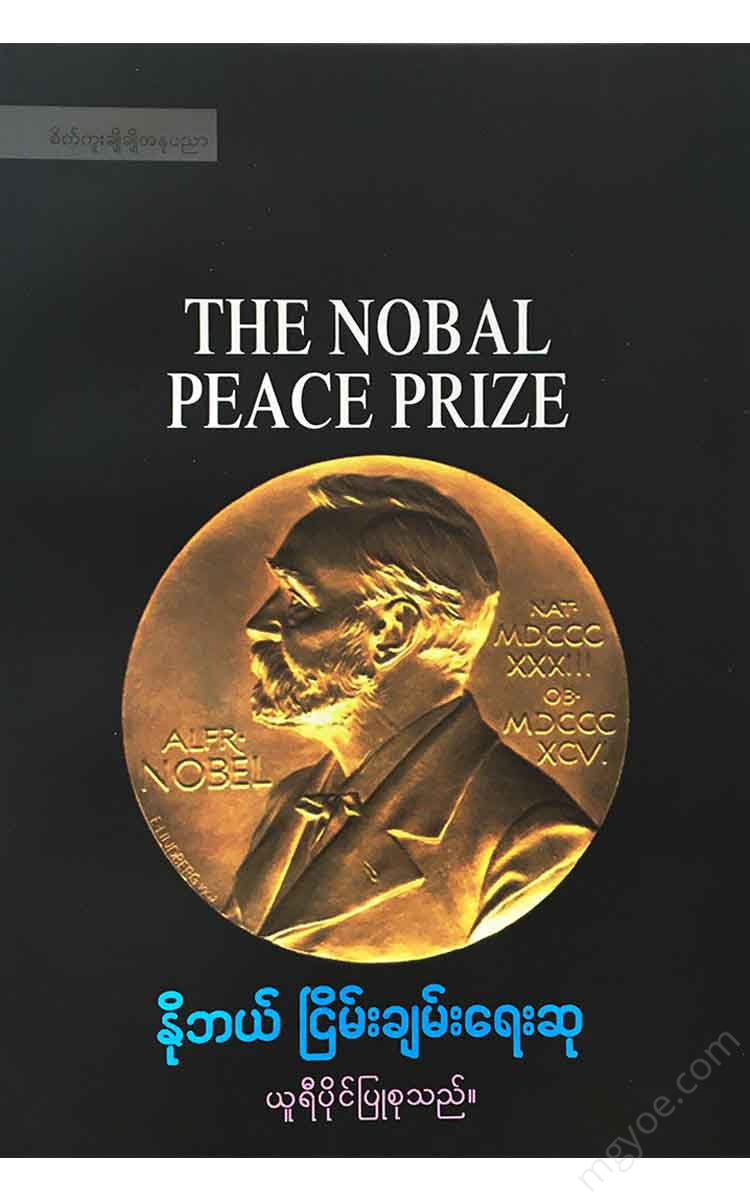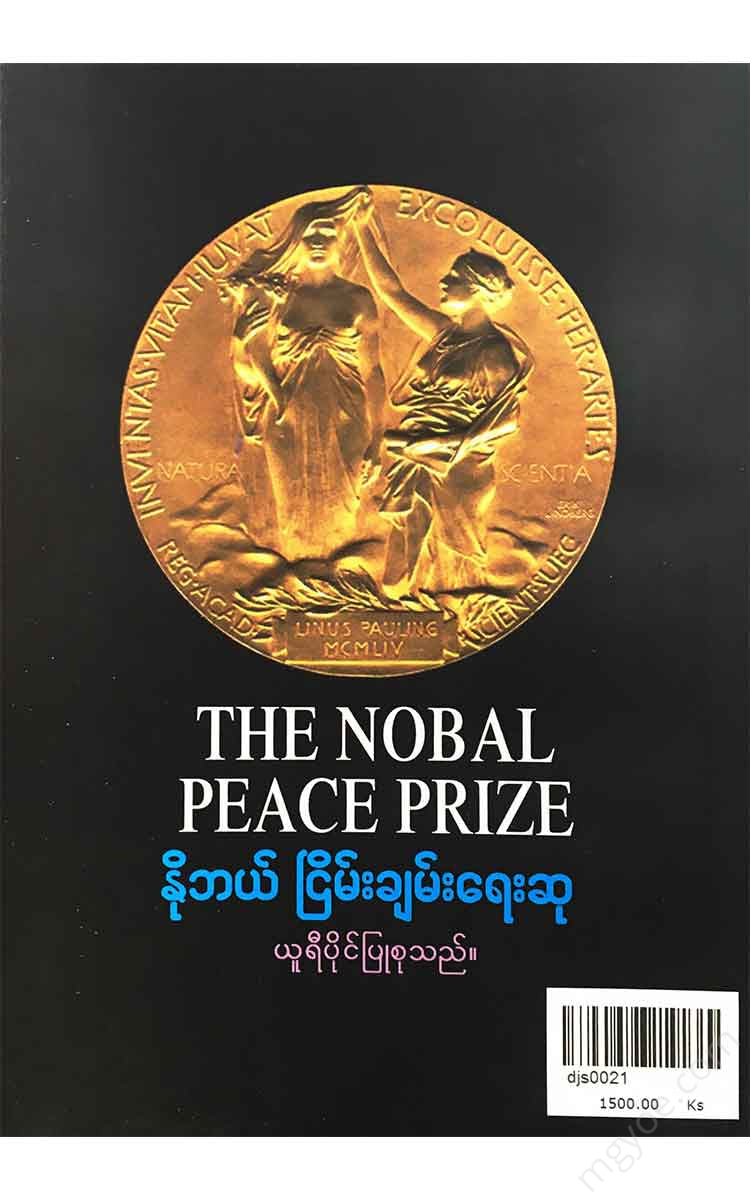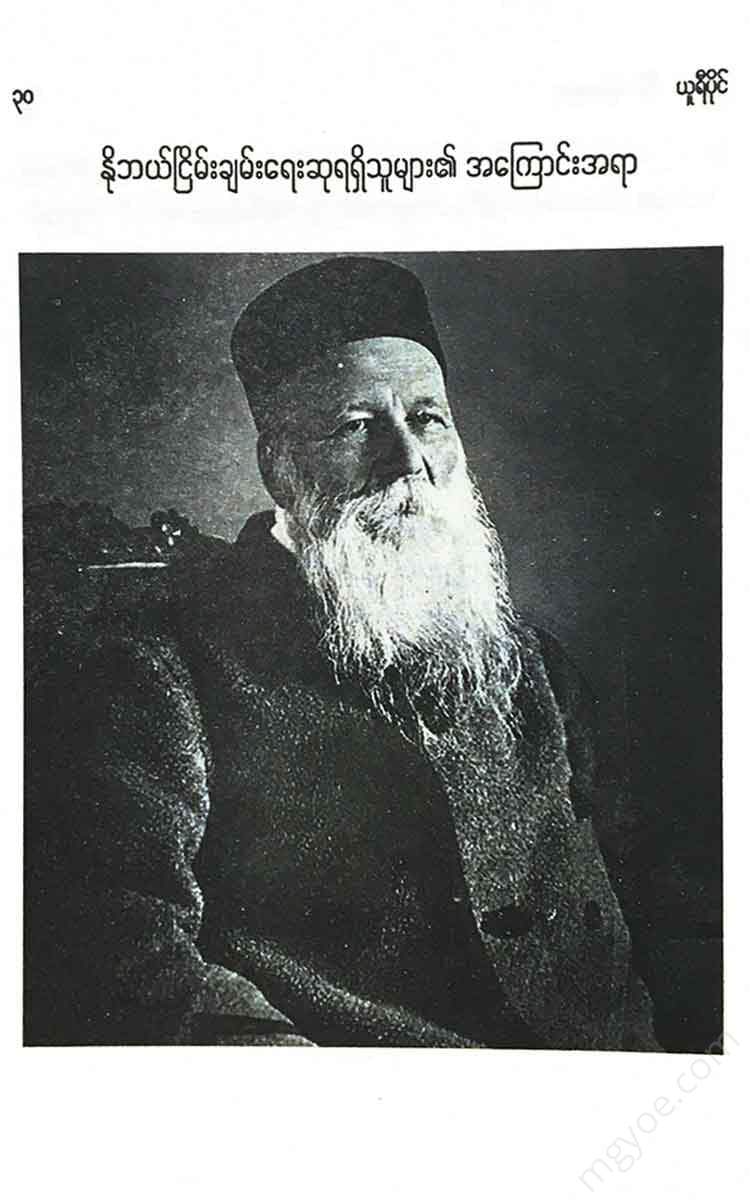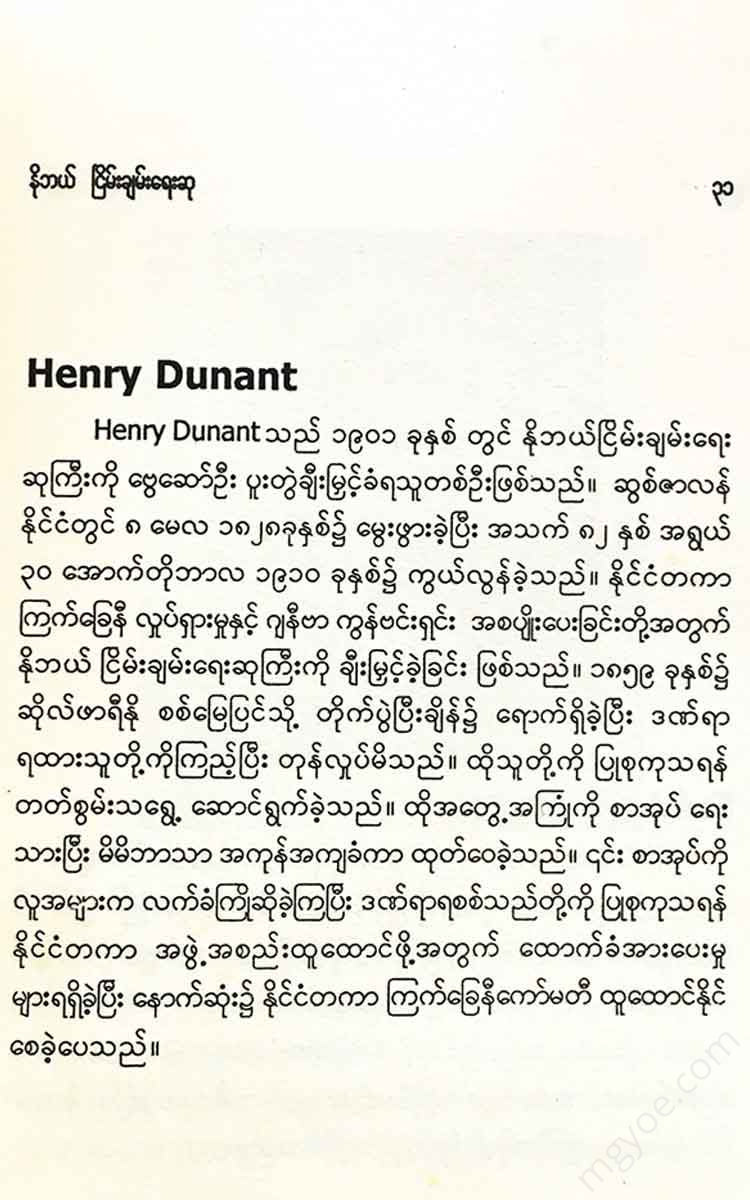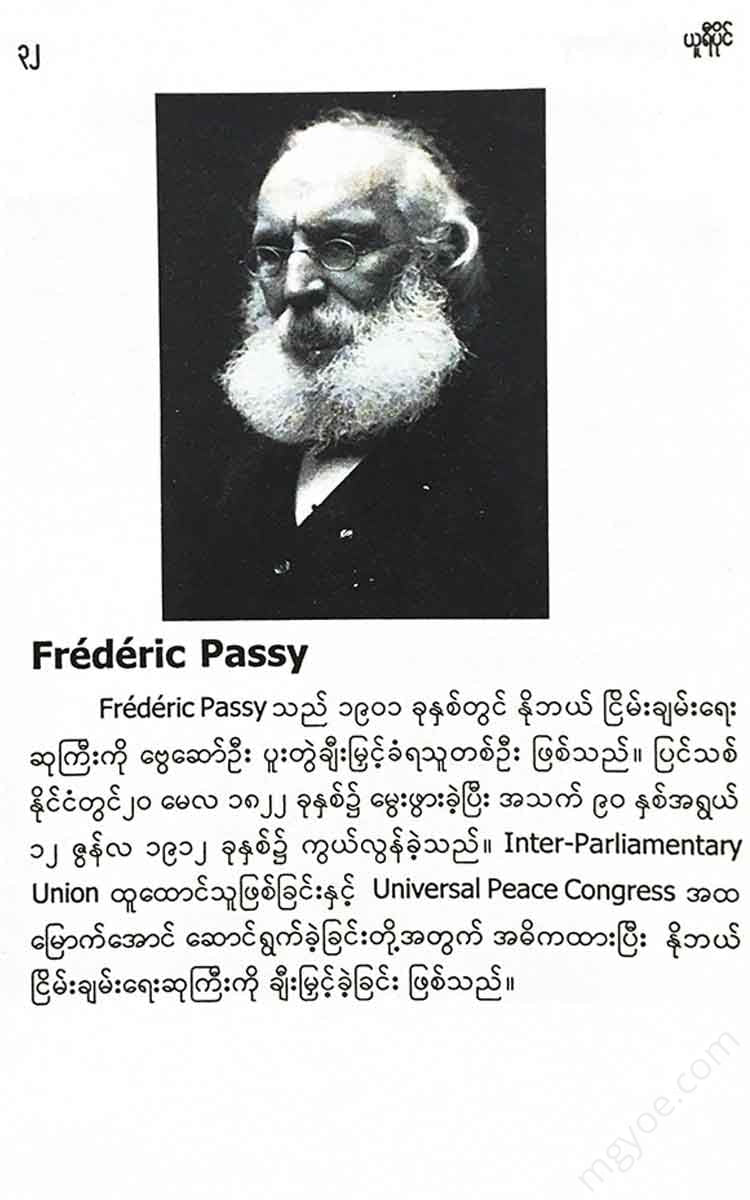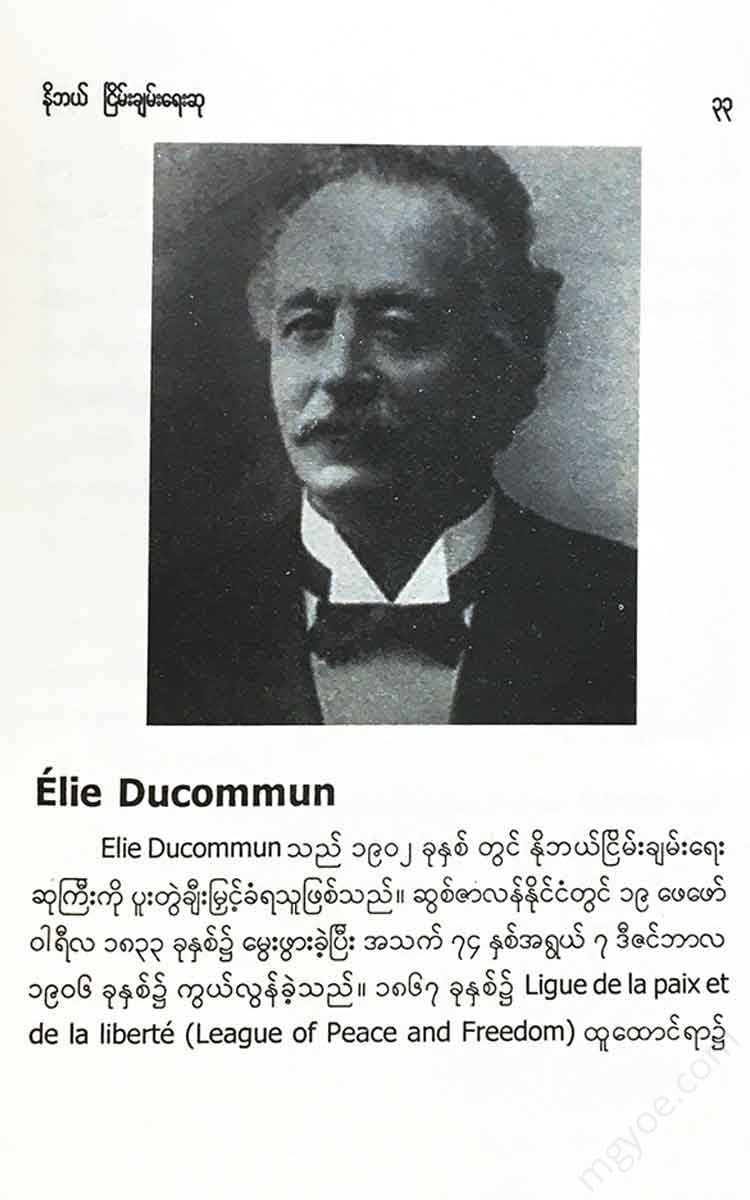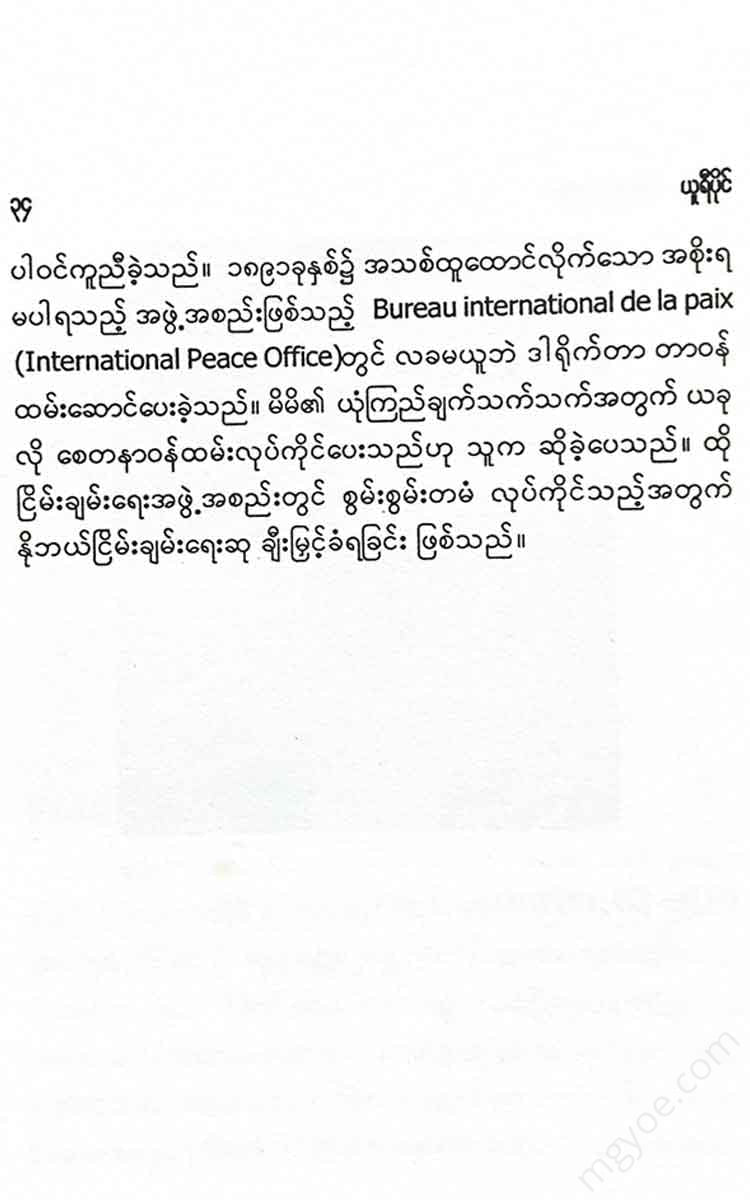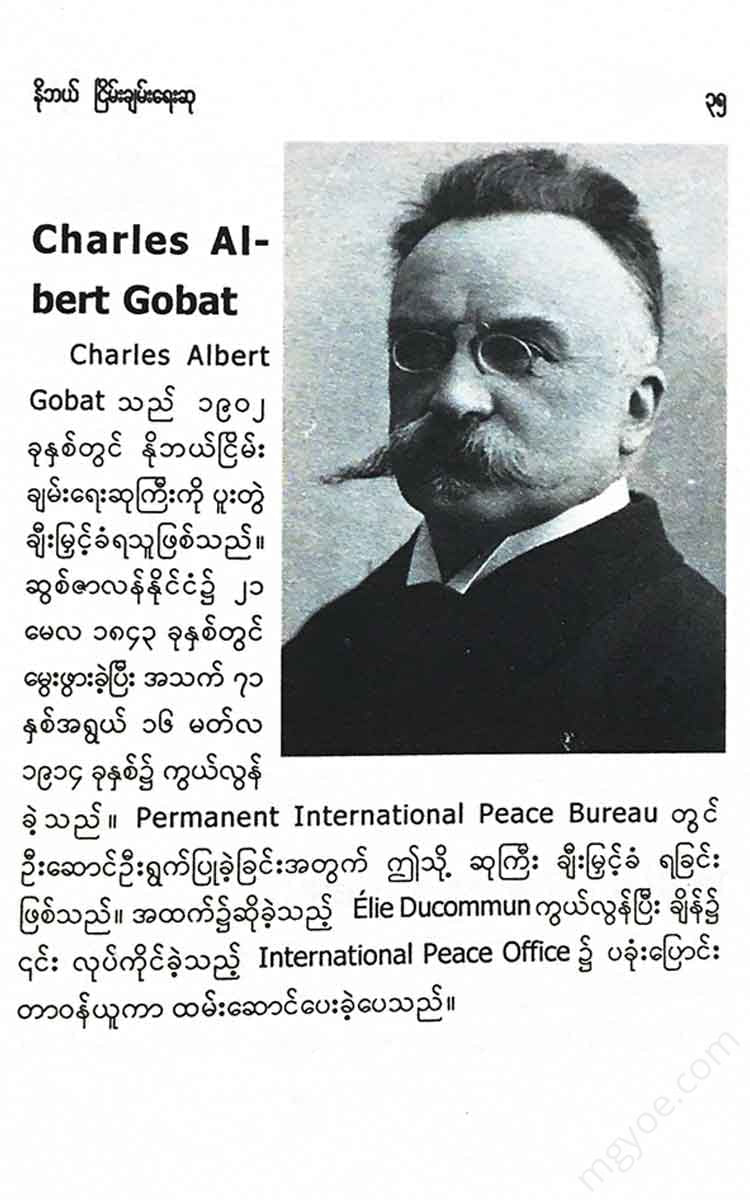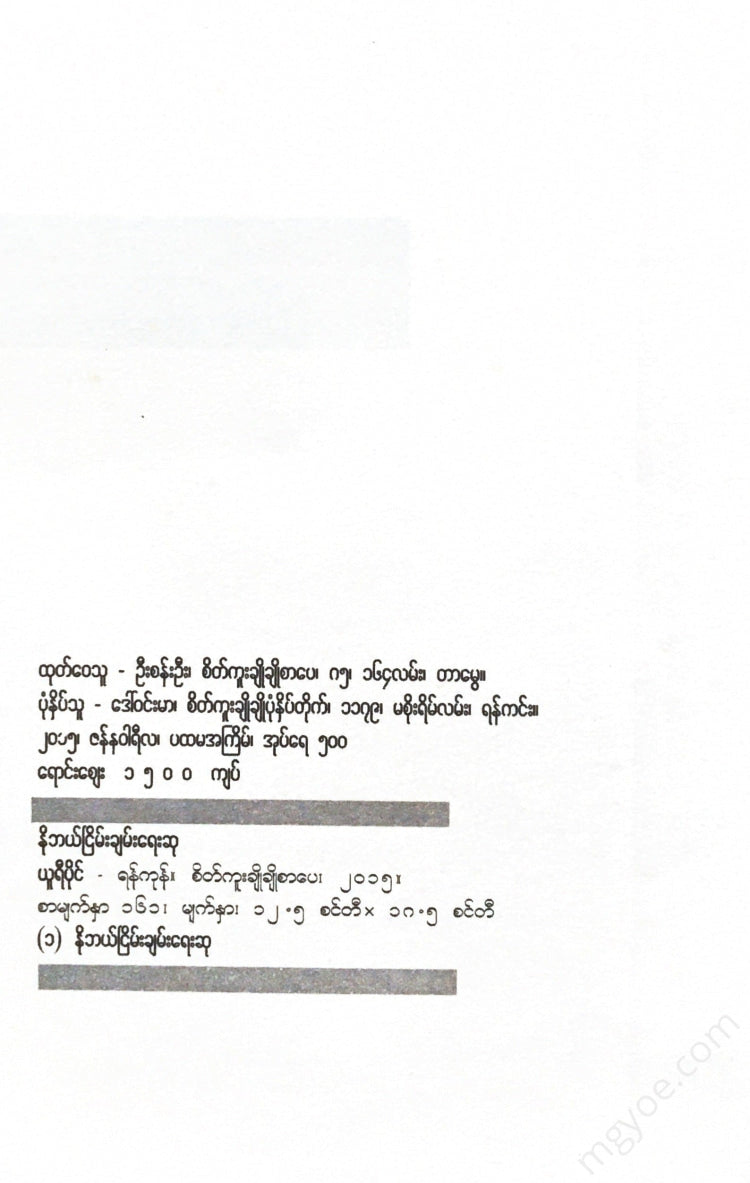စိတ်ကူးချိုချိုစာပေ
Yuri Pai - Nobel Peace Prize
Yuri Pai - Nobel Peace Prize
Couldn't load pickup availability
The Nobel Peace Prize is one of the five Nobel Prizes. It was established by Swedish industrialist, inventor, and munitions manufacturer Alfred Nobel. It has been awarded annually since 1901 to the person who has "done or shall have done the best work for the abolition or reduction of existing armed forces, and for the promotion of peace and the holding of peace conferences, in the spirit of brotherhood between nations."
According to Alfred Nobel's will, the Norwegian Nobel Committee selects the laureates. The committee consists of five members, who are elected by the Norwegian Parliament.
Since 1990, the Nobel Peace Prize has been awarded annually on December 10 at Oslo City Hall. Previously, the awards were held at the Parliament from 1901 to 1904, at the Norwegian Nobel Institute from 1905 to 1946, and at the Faculty of Law at the University of Oslo from 1947 to 1989.
Difference of opinion
The Nobel Peace Prize is a political prize, and has been the subject of controversy throughout its history. Alfred Nobel died in 1896 and left no will for the award. He was a mechanical engineer and trained as a chemical engineer, so he studied chemistry and physics.
The reason for the award for the Vedas is clear, as it is a reward for skill. The reason for the peace award is not clear. Why did he include this type of award?
One possible reason is that Nobel was close to peace activist Bertha von Suttner, and her influence may have influenced his decision to establish the Peace Prize. Another reason is that Nobel's main business was the production of dynamite, which not only destroys but also kills living things, and so it is thought that he established the Peace Prize as a way to discourage the production of weapons of war.
Although Nobel was a Swedish citizen, it is not known why the Nobel Peace Prize was awarded to a Norwegian. There is only speculation and talk, and there is no solid evidence.
Award Nomination Procedure
Every year, the Norwegian Nobel Committee calls for nominations for the Nobel Peace Prize. The Nobel Foundation sets the criteria for who can nominate. Therefore, those who can nominate include:
- National level organizations and governments, members of the Inter-Parliamentary Union
- Members of the Permanent Court of Arbitration and the International Court of Justice in the capital of the Netherlands
- Members of the International Institute of Law
- Professors of history, social sciences, philosophy, law or religious studies working in universities, university heads, peace researchers
Heads of Departments, Heads of International Affairs Departments
- Nobel Peace Prize winners, or if the winner is an organization, members of the organization's board of directors
- Current and former members of the Norwegian Nobel Committee
- Former permanent advisors to the Norwegian Nobel Institute
- If we look at the number of people who applied for the nomination, a new record was set in 2009 with 205 candidates. That record was broken the following year in 2010 with 237 candidates. The following year, in 2011, the record was broken again with 241 candidates.
Keeping the list of nominees secret
The list of potential nominees for the Nobel Peace Prize is kept secret for fifty years. Therefore, the list of nominees is only made public after fifty years. For example, the list of nominees for 1962 was not made public until another fifty years later, in 2012. The Nobel Foundation does not disclose the list of nominees, the decision-making process, the interviews, etc., for fifty years. It is possible that some leaks may occur, but they are not official.
Selection steps
The Nobel Committee meets to select the nominees. The nominees are considered by the Nobel Institute's permanent advisors. The advisory board consists of experts in the field. The advisory board works for several months and then submits its report to the Nobel Committee. The committee tries to keep the names of the decision-makers anonymous, but this is not always possible. The Nobel Committee makes its final selection in mid-September. However, the final decision is usually made at the last meeting of the board before the official announcement in early October.
Nobel Peace Prize Award
The Nobel Peace Prize is awarded annually on December 10 by the Chairman of the Norwegian Nobel Committee in the presence of the King of Norway. That day is the anniversary of Alfred Nobel's death. Of the five Nobel Prizes, this is the only one not awarded in Stockholm, Sweden. The laureate receives a diploma, a gold medal, and a certificate confirming the award. The prize awarded in 2013 was almost one and a half million US dollars.
Criticisms
There are critics who feel that the Nobel Peace Prize is only awarded for short-term achievements. There have also been cases where the prize is awarded as an encouragement to continue even if the achievement is not yet complete. It has also been pointed out that the decision of a small number of people on a broad issue is often flawed.
Another suggestion is that the Norwegian Nobel Committee should include academics and international affairs experts among its members. Currently, it consists of retired members of parliament. This is not a broad view. Oivind Stenersen, a prominent historian in Norway, has criticized Norway for using the prize as a tool for nation-building and for the country's foreign policy and economic interests.
Nobel's grandson, Michael Nobel, has criticized the way the prize is chosen as purely political and unlikely to be in line with his grandfather's wishes.
Two members of the committee that disagreed over the selection of Vietnamese leader Le Duong and U.S. Secretary of State Henry Kissinger as Nobel Peace Prize laureates
